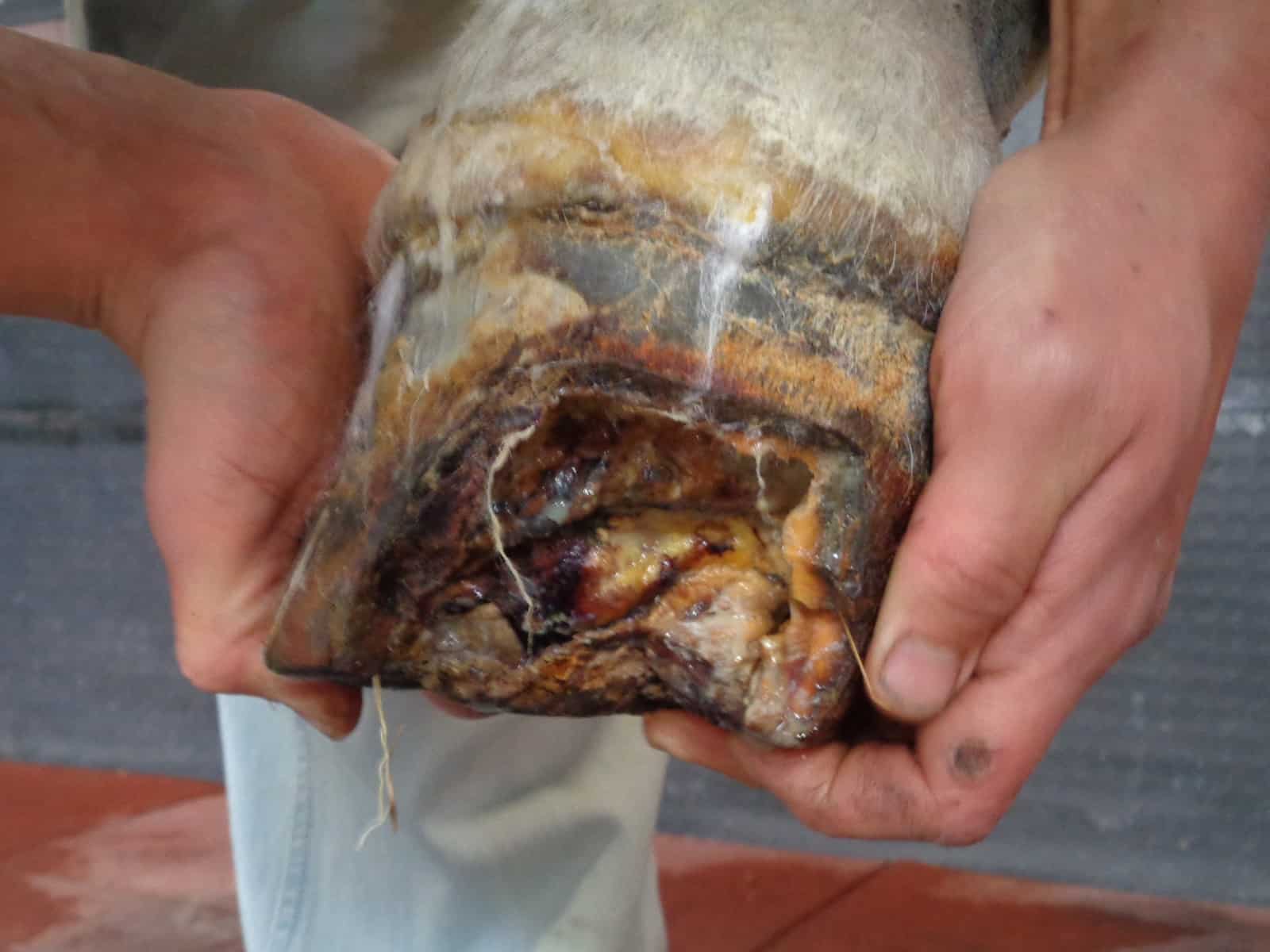Veterinarians Test New Hoof Cancer Treatment

Hoof cancer is rare, but it certainly does occur. In Drami’s case, it was a 5-by-6 cm mass of squamous cell carcinoma (SCC) protruding from the front of a hind hoof, which was constantly bleeding. The 20-year-old mare was lame and depressed, her treating veterinarians said. But after two surgeries and electrochemotherapy, she is now in full remission.
“It’s been challenging, but it’s always such a great emotional feeling and reward to defeat such a terrible disease,” said Enrico Spugnini, DVM, PhD, equine oncologist at Biopulse, in Naples, and Equivet Roma Hospital, in Rome, Italy.
“In terms of welfare, it has been well worth the treatment the mare went through,” he said. “And since there’s such a severe lack of information on cancers in horses, we may also have potentially opened a new field of medical procedures in equine veterinary medicine through this experience
Create a free account with TheHorse.com to view this content.
TheHorse.com is home to thousands of free articles about horse health care. In order to access some of our exclusive free content, you must be signed into TheHorse.com.
Start your free account today!
Already have an account?
and continue reading.

Written by:
Christa Lesté-Lasserre, MA
Related Articles
Stay on top of the most recent Horse Health news with















